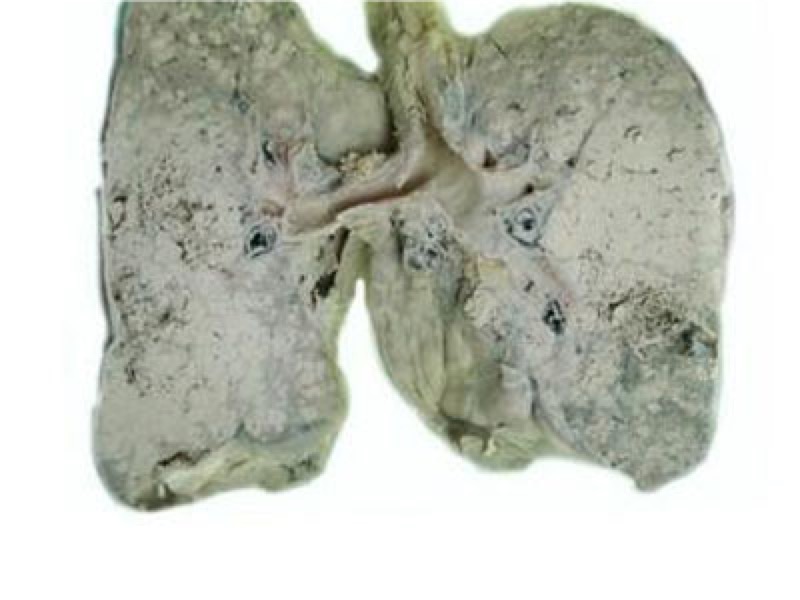Is lung cancer advanced?
Relatives of many patients in the process of caring for patients will worry that lung cancer patients will transmit cancer to others during coughing. For this reason, experts say that lung cancer is not an infectious disease, so it will not pass through the respiratory tract Infectious, but tuberculosis, pneumonia, etc. are infectious.

Infection refers to bacteria and viruses Spread through certain channels. For example, the infection of tuberculosis is that Mycobacterium tuberculosis enters the body through the respiratory tract and is transmitted through the air; Hepatitis and AIDS are infected by the hepatitis virus and AIDS virus through blood transfusion or contact. The causes of lung cancer are mostly caused by physical, chemical and environmental factors. That is to say, the formation of lung cancer does not have the basic conditions for infection. Therefore, lung cancer is not contagious, and advanced lung cancer will not be contagious. At present, many scholars respect the doctrine of virus carcinogenesis, and have confirmed that EB virus can cause Burkitt lymphoma, and it is also closely related to nasopharyngeal carcinoma, which is highly prevalent in southern China and North Africa. There are also a large number of reports on the relationship between hepatitis B virus and primary liver cancer, human papilloma virus and cervical cancer, all of which have laid the theoretical foundation for the virus carcinogenic theory, but at present, there has not been any kind of bacteria or virus infecting the human body at home and abroad. Reports of lung cancer.
So far, cancer has generally not been contagious. The so-called infection is simply that a certain disease spreads from one person to another through some way. Infection must have three conditions: the source of infection, the route of transmission, and the susceptible population, all of which are indispensable. Clinical data proves that cancer patients themselves are not the source of infection.
Previously, everyone thought that "pulmonary disease" was contagious, and this "pulmonary disease" was tuberculosis. Patients with tuberculosis are called open tuberculosis when the sputum bacteria are positive, and they are infectious. Therefore, patients who have cough and sputum and blood in the sputum should take precautions against disease. Pulmonary tuberculosis is a disease transmitted through the respiratory tract. Lung cancer is different from tuberculosis. Under the action of various carcinogenic factors, lung cancer is a malignant tumor that abnormally proliferates and loses normal cell morphology and dynamics. Cancer cells discharged through sputum are rapidly degenerated and necrotic due to sputum water evaporation and other reasons. Even if fresh sputum, cancer cells need to be given various nutrients and specific conditions to grow and reproduce in vitro. Scientists often have to work hard to cultivate a living cancer cell, so cancer is not contagious.
Related Articles

- Early symptoms of lung cancer
- 2020-12-17

- Early Signs of Bladder Cancer
- What are the early symptoms of bladder cancer?
- 2020-12-17

- Is metastatic carcinoma easy to metastasize
- Once the cancer has metastasized, it will be very difficult to cure, because many people have lost their lives because of the emergence of cancer, so most people think that cancer is an un
- 2020-08-02

- What does microinfiltrating adenocarcinoma mean?
- Microinfiltrating adenocarcinoma is a type of lung cancer. The reason why it is called microinfiltration means that there is less infiltration around it, which means that it is in the early
- 2020-08-01

- How long can non-small cell adenocarcinoma live
- Adenocarcinoma is one of the most common malignant tumors in the world. Non-small cell adenocarcinoma accounts for about 80% of all adenocarcinomas. About 75% of patients are in the middle
- 2020-08-01

- Hand cancer
- Finger cancer generally refers to the appearance of skin cancer, which is characterized by local cauliflower-like skin and easy bleeding. Finger skin cancer is mostly a malignant tumor that
- 2020-08-01
